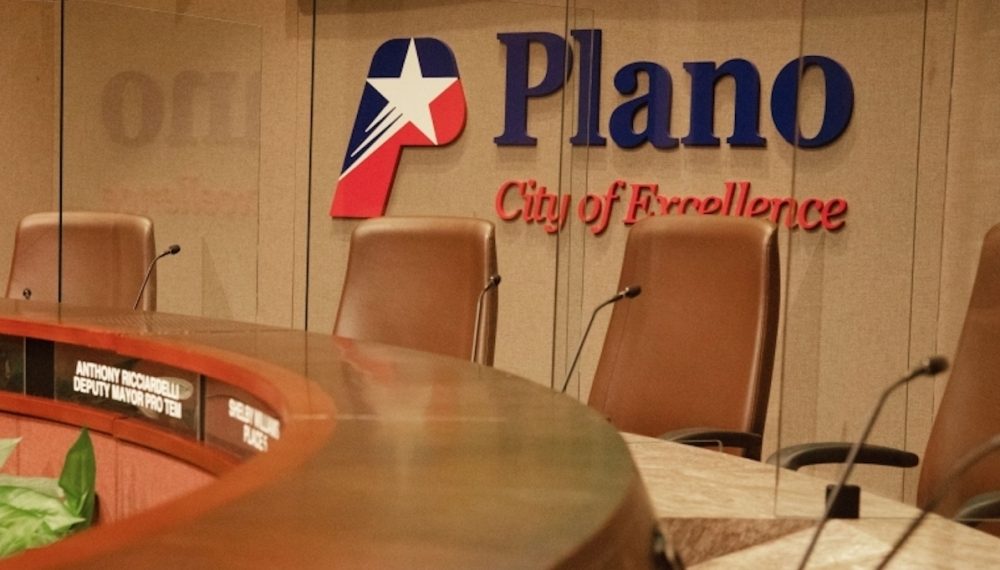Although Plano is 9720 miles from Sumatra, an island in Indonesia, the Environmental Club is partnering with the Sumatran Orangutan Society and PanEco to preserve the habitat of Sumatran Orangutans. Both organizations are involved primarily in the conservation of Sumatran Orangutans, putting all funds donated toward re-foresting the natural habitats and creating programs to educate the Sumatran people on the orangutan crisis.
“They were hoping that people could spread the word about what was happening in Sumatra,” Yoder said. “I thought that this was an opportunity for the students to get involved with them.”
Yoder has informed the students in the club of the severity of the crisis. These orangutans are one of only two species of orangutans in Malaysia. Due to an increase in deforestation and illegal pet trade, Sumatran Orangutans are at risk of becoming extinct within only a few years. Only 7000 orangutans are left in Sumatra, and it is thought that they will be the first Great Apes to go extinct by 2020 unless something is done to help them. In the last 70 years, the population of Orangutans has decreased by 80 percent. There are many environmental causes for the drop in the number of orangutans, but humans are the primary cause. The rainforests the orangutans and many other species live in are being cut for timber, paper pulp and plantations, such as palm oil.
“Ironically, the palm oil is used as a biofuel to replace diesel, presumably to help fight global warming,” Yoder said. “As a result, Indonesia has become the third largest emitter of carbon dioxide in the world. The destruction of tropical forests is causing more harm than good.”
These animals play an important part in the entire ecosystem and Yoder said if they were to disappear, the rainforest as a whole would suffer.
“Orangutans are flagship species,” Yoder said. “By preserving orangutans and the habitats they live in, the other myriad species of plants and animals that share the forest with them are also preserved. By preserving the forests, we also preserve their ecological functions and local climate, and prevent the release of carbon into the atmosphere.”
In 2010, Yoder visited North Sumatra and worked with the Orangutan Society.
“The conservation staff was very open and hospitable and receptive to any help, financial or otherwise, that others might offer,” Yoder said.
Yoder presented the idea of collecting donations for the groups, so on Stay Day, club members sold baked goods to raise money for the Sumatran Orangutan Society.
“The club is raising money because we know the animals are a crucial part of the environment and that entire ecosystems can collapse if one species goes extinct,” Environmental Club vice president junior Catherine LaMendola said.
Funds that are raised for the Sumatran Orangutan Society and PanEco can lead to advancement in the conservation of an entire species. With Earth Day on April 22, Environmental Club is designating April 16-22 as “Earth Week” where the will continue to raise money for the cause and inform students about the possible extinction of the orangutan.
“It’s amazing what opportunities one can find by simply talking with other people,” Yoder said. “I feel fortunate that I took the time to visit these organizations while in Sumatra. Not only are these organizations grateful for the help, but they have offered to receive and train visiting students or teachers. Perhaps in the future that might happen. Either way, I feel that working with these organizations is a great opportunity to educate and motivate students and others to get involved in conservation and showing them that even a little effort from far away can have a big impact.”












